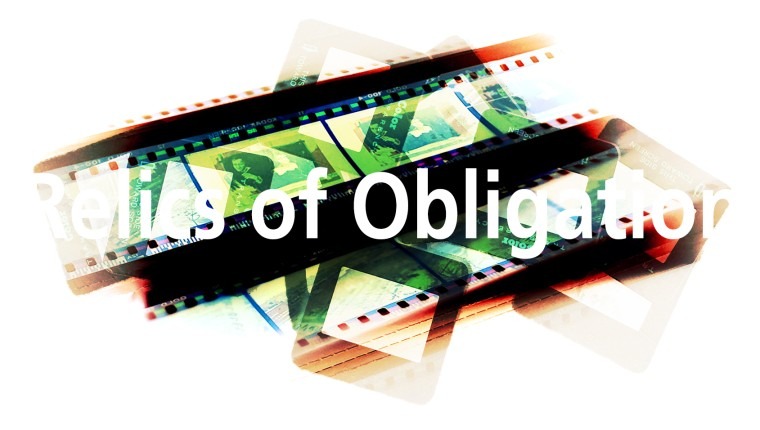Ferreted away around my house and garage are plastic tombs that contain relics that tell the coded staccato narrative of my life. I have my teddy bear from when I was little, boxes of handwritten letters telling the stories of loves won and lost, mixtapes, wallet-worn photographs, the razor that my grandfather gave me on my 16th birthday and, I am sure innumerable incriminating things that are better without seeing the light of day. I have a craft project that my grandfather made when he was 11 that must be close to a hundred years old that has been left a husk thanks to the ravages of termites. I have boxes of CD archives but my computer doesn’t have a CD drive, so whatever files are on there (all of my syllabi, lecture notes and student projects from my years of teaching) are like Schrödinger’s Archive, they simultaneously exist and don’t exist.
In the obfuscated narrative told by all of these artifacts there is an overarching question that looms, “What the hell do I do with all of this stuff?” Then, there is the question of what to do with all of my digital images which, depending on the database I am looking at following a recent hard drive mishap, is somewhere between 191,866 and 362,320 images. When I die, is my kid really going to go through all of this stuff; do I really want to put him through an arduous task that ultimately will leave him with a U-Haul of these relics of obligation only to be mixed with his own that someday his progeny will inherit and have to deal with? I have enough existential malaise that I really don’t need to be worrying about all of this in my advancing years.
On the other hand, consider the difference between finding a handwritten love letter in a box under your grandmother’s bed and the Match.com message you sent, if it even exists. Imagine the difference between an old valentine card versus an emoji on FaceBook…well that is lost to history. Raise your hand if you have a drawer of old cell phones that you can’t throw away because there are priceless memories, but you have no idea how to access them. As our digital society advances, more and more, this is going to be an issue that needs to be considered. Imagine the lost historical records without the ephemera to tell our stories. Future generations are going to find a historical line in the sand between baby boomers and millennials where this divide is going to be apparent, and the stick that drew that line, cell phones and digital cameras.
The best way to archive the memories and moments of our lives is still paper…unless you are going to start inscribing on clay tablets. So I will implore you dear reader, PRINT OUT YOUR DIGITAL FILES!
-d
www.beachaus.com



